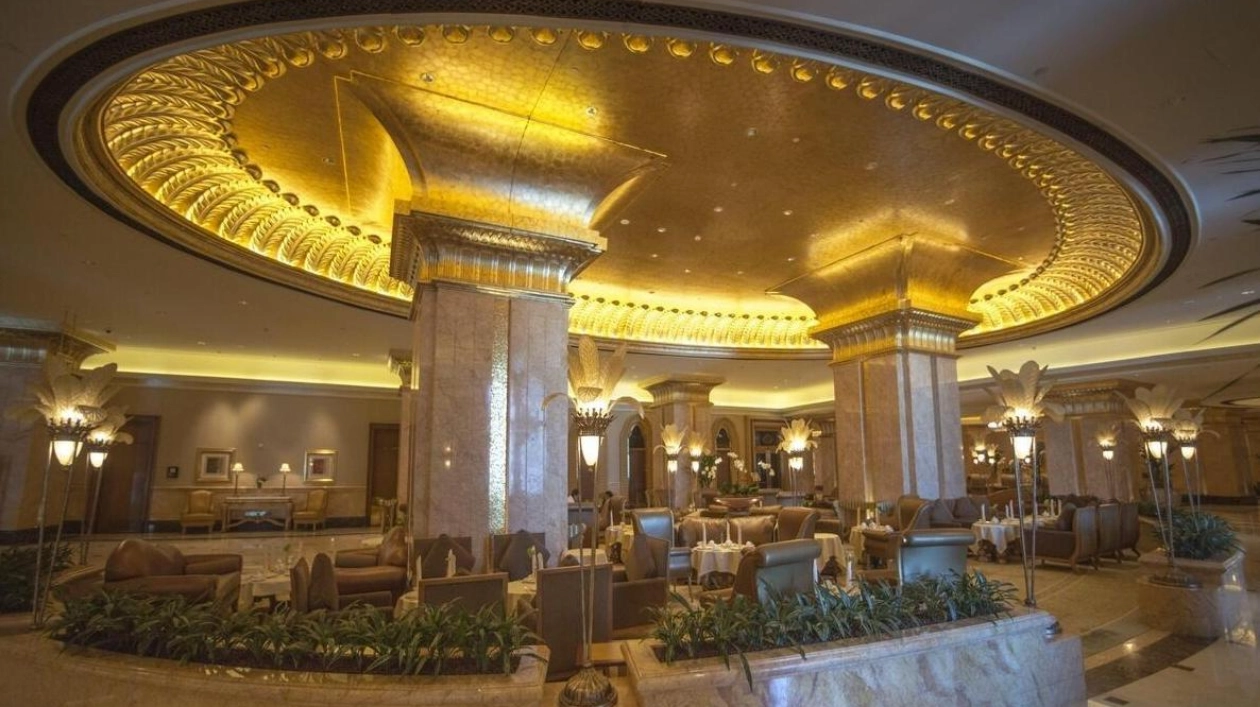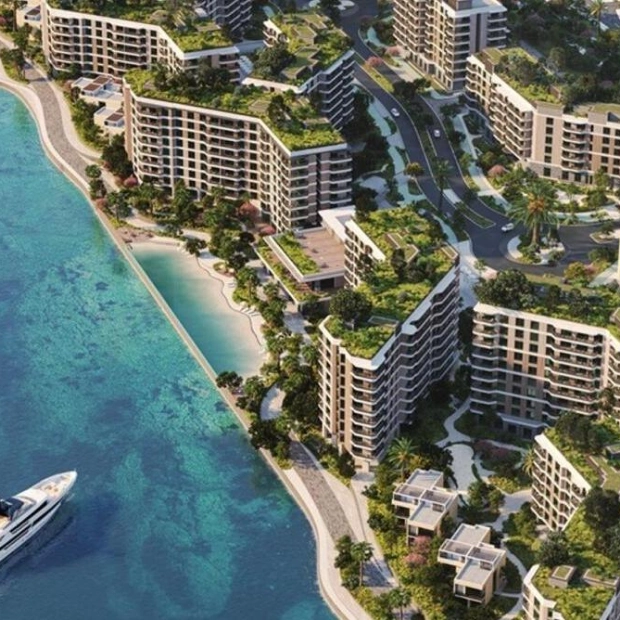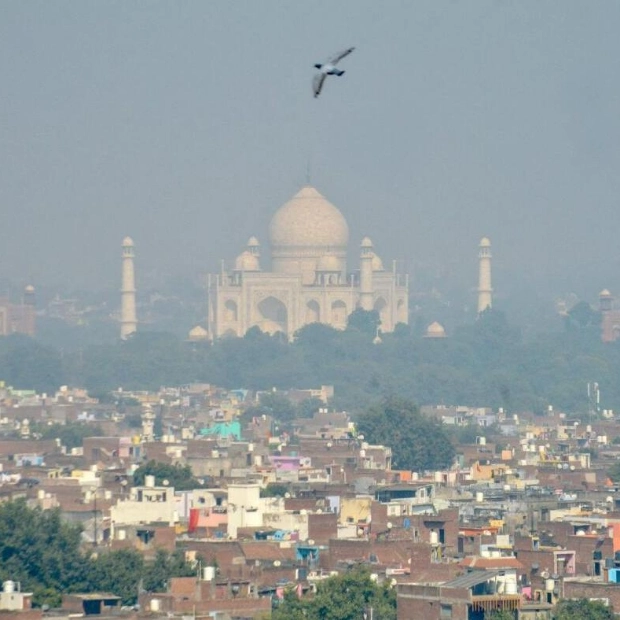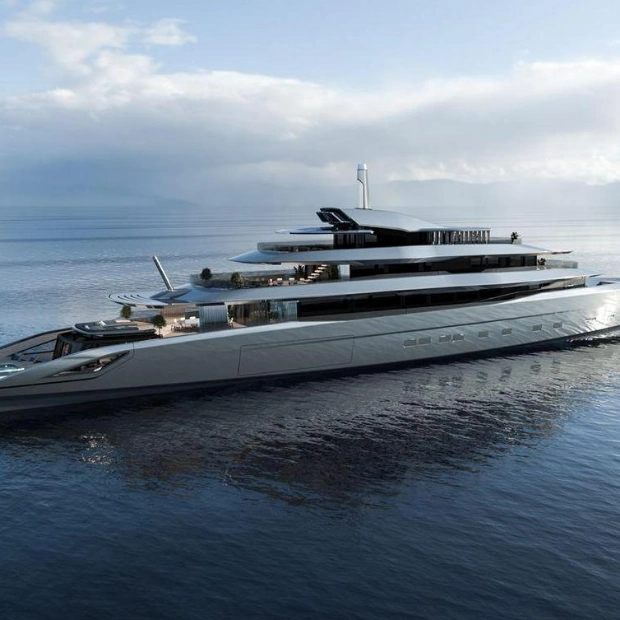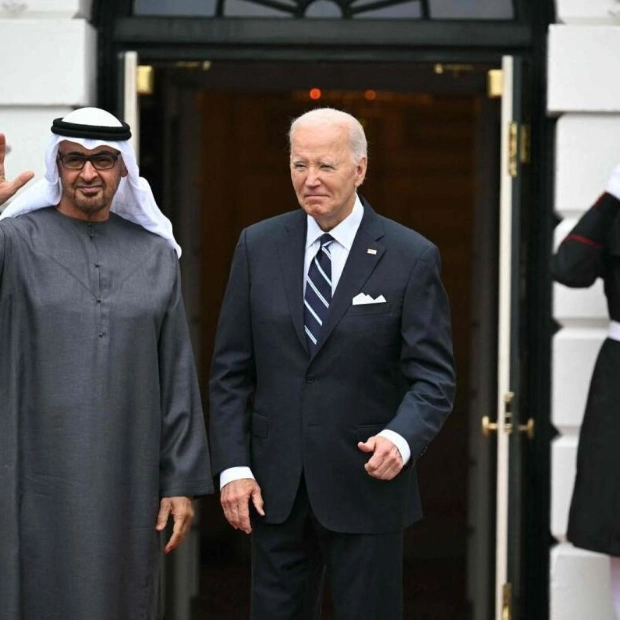The UAE's hospitality sector is poised for substantial growth, with 26,832 new hotel rooms expected to be completed by 2030, representing a 12.7 percent increase in 2024. This expansion will bring the total number of hotel rooms to 238,412, as per global property consultancy Knight Frank's annual report.
Knight Frank anticipates that the new supply will support the government's goal of welcoming 40 million tourists by 2030. Notably, two-thirds of the new supply, or 17,750 hotel rooms, are being developed in Dubai. The tourism and hospitality sector grew by 26 percent in 2023, contributing 11.7 percent to the Emirates' GDP, amounting to a record-breaking Dh219 billion ($59.8 billion) in economic activity. The government aims to increase this to $123 billion by the end of the decade.
According to STR data cited by Knight Frank, the UAE achieved an average hotel occupancy rate of 76 percent between January and July 2024, the highest in the region. This was accompanied by revenue per available room (RevPAR) levels of $131, a 7.4 percent increase from the same period in 2023. The average daily room rate (ADR) also rose by 5 percent to $172, while occupancy levels increased by 2 percent to 76 percent compared to the previous year.
Faisal Durrani, partner and head of research for Mena at Knight Frank, emphasized that the tourism and hospitality sector is a cornerstone of the UAE economy, supporting 809,000 jobs in 2023, a 5.3 percent increase from 2022. This accounts for one in nine jobs in the country, underscoring the strategic importance of the hospitality and tourism market.
As the D33 Agenda progresses, more hotel developments are expected in Dubai, especially if it aims to become a top 3 global destination by 2033. Dubai already boasts over 151,000 hotel rooms, and future developments like Palm Jebel Ali and Dubai Islands, with plans for 160 hotels and resorts, are likely to contribute significantly to its 2033 targets.
Knight Frank's analysis shows that 69 percent of existing hotel supply in the UAE falls into the luxury, upper upscale, and upscale categories, emphasizing the need for continued development of mid-low accommodation to cater to all budgets. Currently, 67 percent of the supply is operated by international brands, with 24 percent by local brands. By 2030, 82 percent of the hotel supply is expected to be operated by international brands, with local brands accounting for just 10 percent of the market share.
The UAE's top hotel operators, Accor and Marriott International, manage over 46,000 rooms combined, with an additional 5,400 rooms in the pipeline by 2030. Dubai, known for its luxury accommodation, has an estimated 52,995 luxury 5-star hotel rooms and 14 Michelin-star restaurants. The emirate currently has over 151,420 hotel rooms, surpassing London and New York, with occupancy levels averaging 77 percent between January and July 2024.
Dubai's rise as a global tourist destination is largely attributed to Emirates Airlines, the world's largest international carrier. Since its inception in 1985, Emirates has played a crucial role in making Dubai easily accessible, contributing to its rapid growth in the global tourism market. Dubai International Airport has been the world's busiest since 2013, hosting 86.9 million passengers in 2023.
Knight Frank predicts that Dubai will add 17,750 rooms by 2030. The average daily room rate (ADR) in Dubai increased by 3.9 percent to Dh679 between January and July, while occupancy remained high at 77 percent. Consequently, RevPAR grew by 6.1 percent to Dh569. The historic decision to transfer all operations from Dubai International to Al Maktoum International and the commencement of the first phase of the new $35 billion airport mark significant milestones in Dubai's development as a global commercial, trade, finance, and tourism center.
Knight Frank's analysis also reveals that Accor Hotel Group will be the leading hotel operator in Dubai with 17,380 existing rooms under management and a further 2,700 keys planned by 2030. Marriott International follows with 16,620 existing rooms and 704 rooms in the pipeline set to complete by 2030. Abu Dhabi has a larger development pipeline of 37,148 keys, with another 8,764 new rooms expected in Ras Al Khaimah by the end of the decade.
